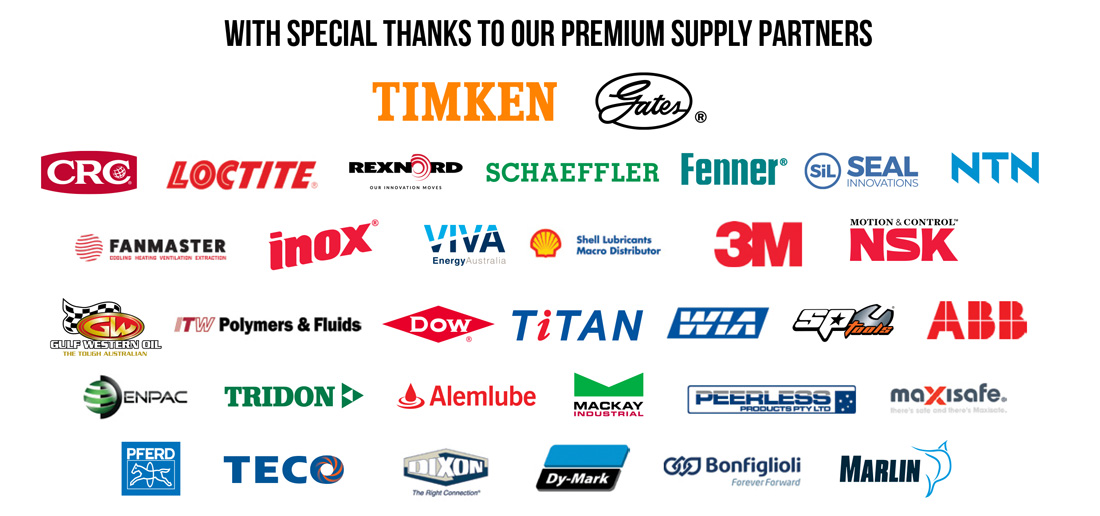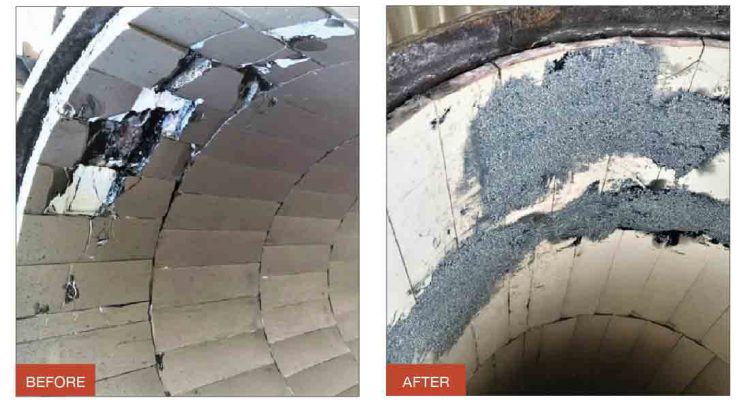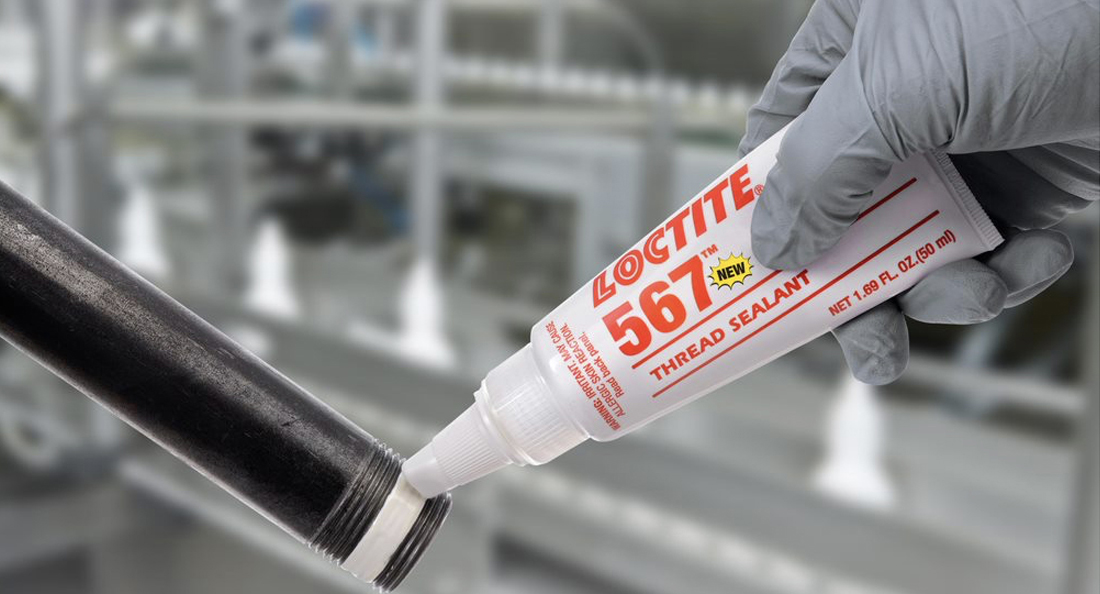Coal plays a vital role in electricity generation worldwide. In Australia, coal-fired power plants currently fuel around 40% of electricity, marking them the primary source of electricity in
the country.1
Erosion of the pipe network and boiler tubes is a common problem in coal-fired power plants. As fine particles of coal dust, or pulverised coal, pass through the pipe network from the pulveriser mill to the boiler at high velocity, they can cause serious damage to the equipment and wear down the metal surfaces along their flow path.
For a coal fired power station in Queensland, the answer to some major erosion-related problems came through CBC experts, in collaboration with Henkel LOCTITE Australia. As Rod Baker, CBC Business Development Manager for Mining Segment in Queensland explains, the power station was looking for ways to reduce the time and cost required to repair the barrels, elbows and diffusers passing the pulverised coal from the mills to the boilers, as well as to repair worn-out coal burner tips on site to save time.
“It would be much cheaper for the site to re-build the ceramic tiles than to replace them. But they hadn’t had much luck with other brands of ceramic bead filled wearing compounds in the past, so we recommended LOCTITE products,”
says Rod.
Henkel Australia LOCTITE Application Engineer, Trevor Hoelzl, helped the technicians at the site to apply a coating of LOCTITE PC 7226 Pneu-Wear Compound, in conjunction with LOCTITE PC 7227 Brushable Ceramic Coating, to protect the metal surfaces from excessive wear.
LOCTITE PC 7227 is a smooth ceramic filled epoxy coating designed to protect against very fine particle abrasion and corrosion. It is often used as a base coat on metal surfaces before applying the ceramic bead-filled LOCTITE PC 7226 to provide full protection against fine particle abrasion.
David Greig, Henkel Australia LOCTITE Application Engineer, says a key advantage of the LOCTITE products is that the coated surfaces can be re-patched in the future without removing the existing coating.
“One of the beauties of the LOCTITE product is that once it’s been correctly applied, it doesn’t have to be removed to be repaired. You just clean the surface by giving it a light blast and you can re-apply the product over the top of the existing coating repeatedly. This helps extend the life of that piece of equipment by multiple times,” he says.
David also recommends using LOCTITE epoxy compounds on new metal equipment and pipelines before they show signs of wear and abrasion.
“In applications like power stations, epoxy compounds such as LOCTITE PC 7227 can last from one shutdown to the next, which is approximately every four years, without requiring any repair. Now, if you can get that long out of the product and then just re-apply it without having to replace the pipework, that is a massive cost saving.”
Deformation and wear of coal burner tips was another problem the power station was looking to resolve. Here, the LOCTITE PC 7000 High Temperature Wearing Compound was offered as a solution.
“When you are talking about coal burner tips, you need a product that can handle massive amounts of heat and the incredibly high abrasion of the coal powder as its blown through,” explains David.
“The LOCTITE PC 7000 compound is an exceptionally good product for re-building the coal burner nozzles as it offers superior abrasion resistance at temperatures as high as 1200˚C. Some other applications for the LOCTITE PC 7000 include repairing the ash chute at the base of the boiler sheet in power stations or other wear areas that are subject to heat and particle erosion,” he adds.
The combined solutions offered by CBC and Henkel Australia provided the power plant with potential cost savings of over half a million dollars per year – estimated based on the gain in productive hours for the power plant.
David says this would not have been possible without the symbiotic relationship between CBC and Henkel Australia.
“We want to make sure that our clients have access to the best technologies and gain a reliable outcome every time, and the relationship we have with CBC is critical to that,” he concludes.
1. www.ga.gov.au




